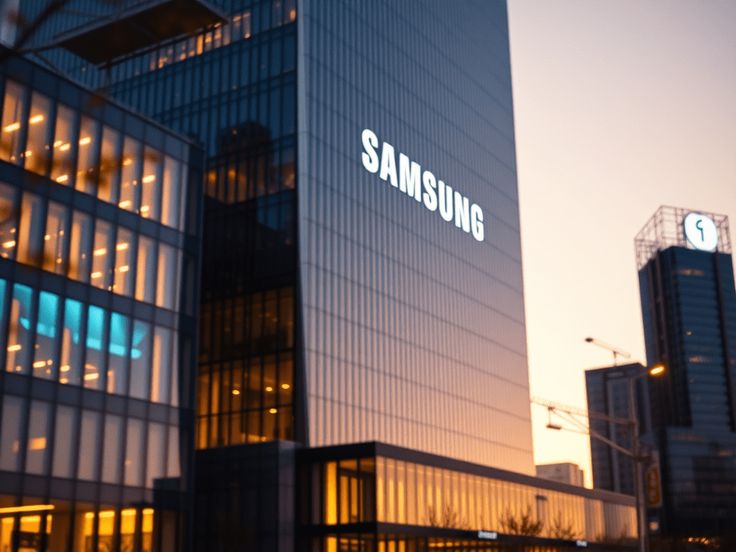TECHNOLOGY

SAMSUNG SDI WARNS TARIFFS WILL HIKE COSTS FOR U.S.-MADE BATTERIES
Seoul, April 26 (Reuters) – Samsung SDI, a leading South Korean electric vehicle battery manufacturer, warned on Friday that newly imposed U.S. tariffs will significantly increase production costs for its American operations, potentially affecting the broader EV market.
The company, which supplies major automakers including BMW, Rivian, General Motors and Stellantis, said the tariffs will impact its U.S.-based battery production despite final assembly occurring domestically.
Supply Chain Challenges
Executive Vice President Kim Yoon-tae explained during the first-quarter earnings call that while battery production takes place in the United States, many essential materials and components are imported. "This is expected to increase cost burdens," Kim stated, highlighting the vulnerability of global supply chains to trade policy changes.
The tariff impact could extend beyond direct manufacturing costs. Kim noted that EVs produced by automaker clients in Mexico and Canada might also face tariffs, potentially leading to higher vehicle prices and dampened consumer demand.
Strategic Response
When questioned about potential price adjustments, Kim declined to specify whether Samsung SDI would absorb the additional costs or pass them along to automakers and ultimately consumers. The company said it would continue monitoring tariff policy developments and collaborate with customers to mitigate financial pressures.
Global Production Footprint
Samsung SDI operates manufacturing facilities across four countries: the United States, South Korea, Hungary and China. This global footprint positions the company to potentially adjust its supply chain in response to trade barriers, though such transitions would require time and investment.
Industry-Wide Implications
The warning comes amid broader reassessments of trade policies by the Biden administration, which has described current economic arrangements as "untenable." The automotive industry faces particular challenges as it navigates the transition to electric vehicles while contending with evolving trade regulations.
Analysts suggest that tariff-related cost increases could slow EV adoption if passed on to consumers, potentially affecting the Biden administration's goal of having EVs account for half of new vehicle sales by 2030.
Samsung SDI's disclosure highlights the delicate balance between domestic manufacturing goals and the reality of globalized supply chains in the clean energy transition. The company said it remains committed to its U.S. operations but anticipates tariff-related challenges in the coming quarters.
"This represents a significant development in our ongoing coverage of current events."— Editorial Board









